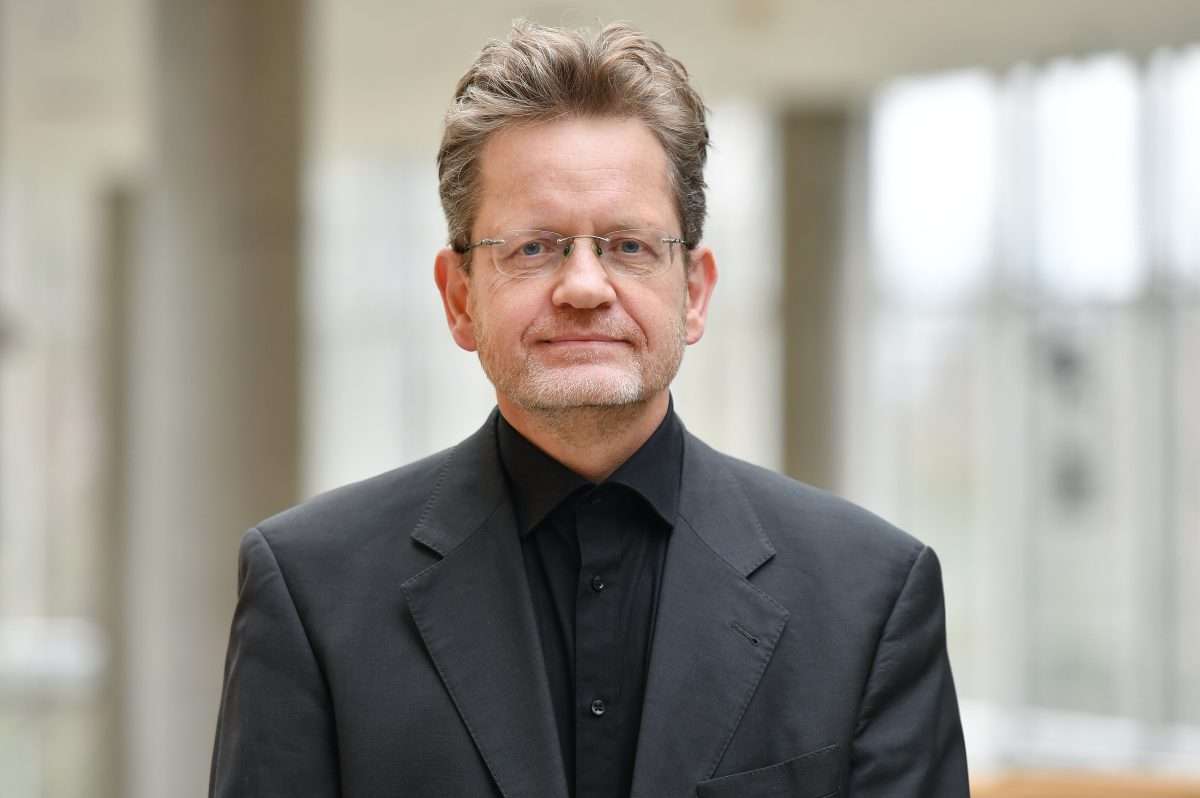
Kai Ambos
About/Bio
Kai Ambos is a Professor of Criminal Law and Criminal Procedure, Comparative Law, International Criminal Law, and Public International Law at the Faculty of Law of Georg-August-University Göttingen (GAU) (Germany). He also serves as Judge at the Kosovo Specialist Chambers, The Hague. He is also the Director General of the Center for Studies of Latin American Criminal and Criminal Procedure Law (CEDPAL) at the University of Göttingen, Germany. He writes in his academic capacity.
Recently Published
Complementarity and the German Amicus Curiae Submission in the ICC Palestine Arrest Warrant Proceedings
August 19, 2024
Kai Ambos
In this post I will discuss the complementarity objections expressed by Germany and some other participants in the ongoing ICC arrest warrant proceedings in the Palestine situation. These objections only refer to the arrest warrant requests of 20 May 2024 concerning Prime Minister Netanyahu and Defence Minister Gallant. I will start with…
Pardon for Former Peruvian President Alberto Fujimori: New Chapter, Same Plot?
In December 2023, Alberto Fujimori, Peru’s President from 1990 to 2000, was released from prison by the order of the Peruvian Constitutional Court (CC). In response, the Inter-American Court of Human Rights (IACtHR) declared Peru in contempt of the Court and imposed a reinforced monitoring of its judgments in the Barrios Altos and La Cantuta cases. Although both…
International Criminal Law in Germany: An Overdue but Incomplete Reform
January 4, 2024
Kai Ambos
After more than 20 years of German practice in international criminal law (ICL) pursuant to the entry into force of the Code of Crimes against International Law (Völkerstrafgesetzbuch, VStGB) in 2002, the Federal Government has proposed a Draft Bill (Draft) to amend German ILC at various levels. The Draft primarily provides for…
- Page 1 of 9
- Last
Popular articles by Kai Ambos
Will a state supplying weapons to Ukraine become a party to the conflict and thus be exposed to countermeasures?
March 2, 2022
Kai Ambos
According to the time-honoured law of neutrality, the territory of neutral powers is “inviolable” (Art. 1 Hague “Convention (V) respecting the Rights and Duties of Neutral Powers and Persons in Case of War on Land, October 18, 1907). Parties to a conflict may therefore not use it in any conflict-related manner, e.g. to transport war material (…
Protecting the Environment through International Criminal Law?
June 29, 2021
Kai Ambos
The recent proposal by the Independent Expert Panel for the Legal Definition of Ecocide (IEP) to create a core international crime of ecocide displays great confidence in the regulatory potential of criminal law, but the proposal lacks sufficient reasoning and the drafters offer practitioners little help with the intricate problems arising from their draft definition.
Palestine, UN Non-Member Observer Status and ICC Jurisdiction
May 6, 2014
Kai Ambos
On 22 January 2009, the Palestinian Minister of Justice, on behalf of the Palestinian National Authority (PNA), lodged a declaration recognizing the jurisdiction of the International Criminal Court (ICC) (pictured left) ‘for the purpose of identifying, prosecuting and judging the authors and accomplices of acts committed on the territory of Palestine since 1 July 2002.’ On…